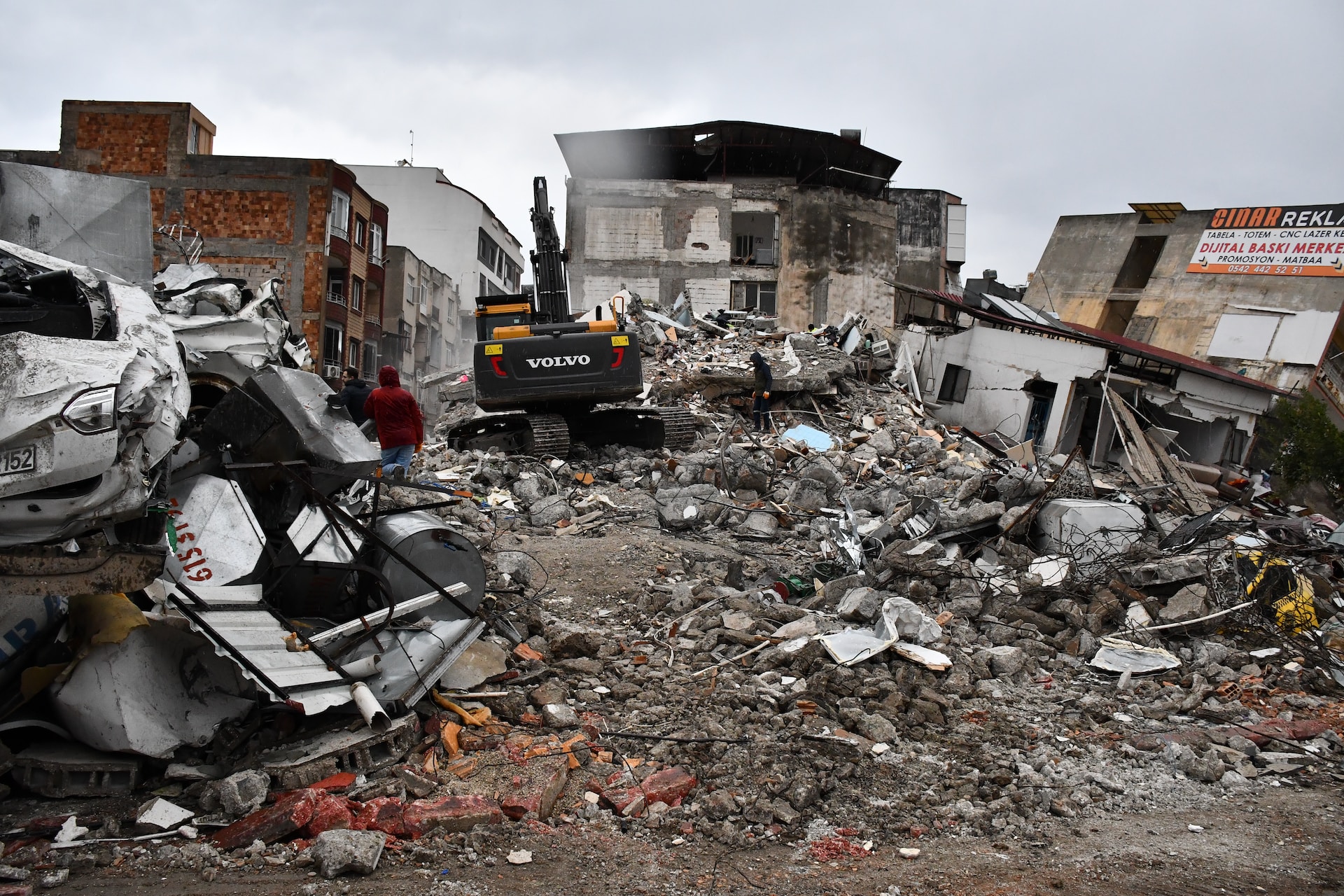Bouncing Back from the Earthquake
Türkiye suffered a massive setback. Just as the country was planning to recover and build back stronger from the pandemic, it was hit by a massive earthquake on 6th February. Fatalities from the disaster number more than 50,000, with more than 3 million displaced. A total of 11 provinces across the vast area in southern and southeast Türkiye have been impacted.
The Turkish city of Gaziantep, which is the venue of our forthcoming Horasis Global Meeting, was completely devastated by the earthquake. It was the epicenter. Nevertheless, the people of Türkiye supported by its –re-elected president is determined to build back.
The Horasis Global meeting will bring together the world’s foremost business leaders, who, along with government officials and representatives from international organizations, will brainstorm with senior members of the Horasis Visions Community in finding the appropriate approach in both rebuilding and preparing Türkiye against future disasters.
City of Gaziantep
The city of Gaziantep has a rich cultural history that dates back to the medieval times. Gaziantep Castle, which was heavily damaged by the earthquake, is more than 2,000 years old. The castle, located in the heart of the city, was built as an observation point during the Hittite Empire. It was fortified during the Roman Empire and expanded under Byzantine Emperor Justinian I in the 6th century. The castle withstood multiple invasions, renovations and regime changes, but was destroyed completely in the earthquake.
The city is also famous for its rich culinary culture, which has been a significant driver for its economy since the Iron Age. In a city of 1.89 million people, 6 in 10 are employed in the food sector. The city also holds several food festivals that attract many foreign visitors. UNESCO has included the city in its list of Creative Cities Network in the field of gastronomy.
Gaziantep is also a major exporter of other products, such as textiles, agricultural and chemical products. At a press conference in 2018, Gaziantep’s Mayor Fatma Şahin had said, “Gaziantep, the city that contributes to the Turkish economy by engaging in the production and exportation of a wide range of products, from textile to agricultural products and from furniture to chemical products, was selected as one of the most competitive seven cities in the Competitive Cities Databank project of the World Bank. We see today that our city, which has a deep-rooted history, is rising to an even more competitive position with its rich cuisine culture. I believe with all my heart that Gaziantep will in a very short period of time become a gastronomy center that will be well-known around the world, hosting tourists from all over the world.”
Impacts
The earthquake had a devastating impact on the country. Besides the staggering number of fatalities, at least 230,000 buildings were damaged or destroyed across 11 provinces in Türkiye. The country has also been hit by the daunting task of disposing millions of tons of rubble, which amounts to 10 times more than the rubble collected in the last big Turkish earthquake of 1999. Access to education has also been disrupted considerably for nearly 4 million children, including 350,000 refugee and migrant children.
After a preliminary assessment done under the aegis of the UNDP, World Bank and the European Union, the Turkish government estimates the recovery and reconstruction costs for Türkiye at US$103.6 billion, equivalent to 9% of Türkiye’s forecasted GDP for 2023.
Government Support
Gaziantep’s Mayor Fatma Şahin announced financial support to the earthquake-affected high school and university students residing in Nurdağı and İslahiye. The metropolitan government will provide 600 liras in cash to all high school students and one thousand liras to university students in Nurdağı and İslahiye, the districts most affected by the earthquake in Gaziantep. “We have made great efforts to meet this need, from study centers to children’s libraries, to our GASMEKs, in the system we have established even in this emergency period, until schools are opened in the education life of one of our children who were affected by the earthquake. Our schools are now open. When our schools started, we decided to provide such support to meet this need of our children,” said Şahin.
The long process of restoring Türkiye has begun. The Turkish Ministry of Environment, Urbanization and Climate Change is enroute to prepare a road map that will be submitted to Turkish President Recep Tayyip Erdoğan for the transformation of Istanbul. Environment, Urbanization and Climate Change Minister Mehmet Özhaseki also added that, “there will be a legislative framework as well as a special project to transform Istanbul.”
The city of Gaziantep was the epicenter of the February earthquake.



